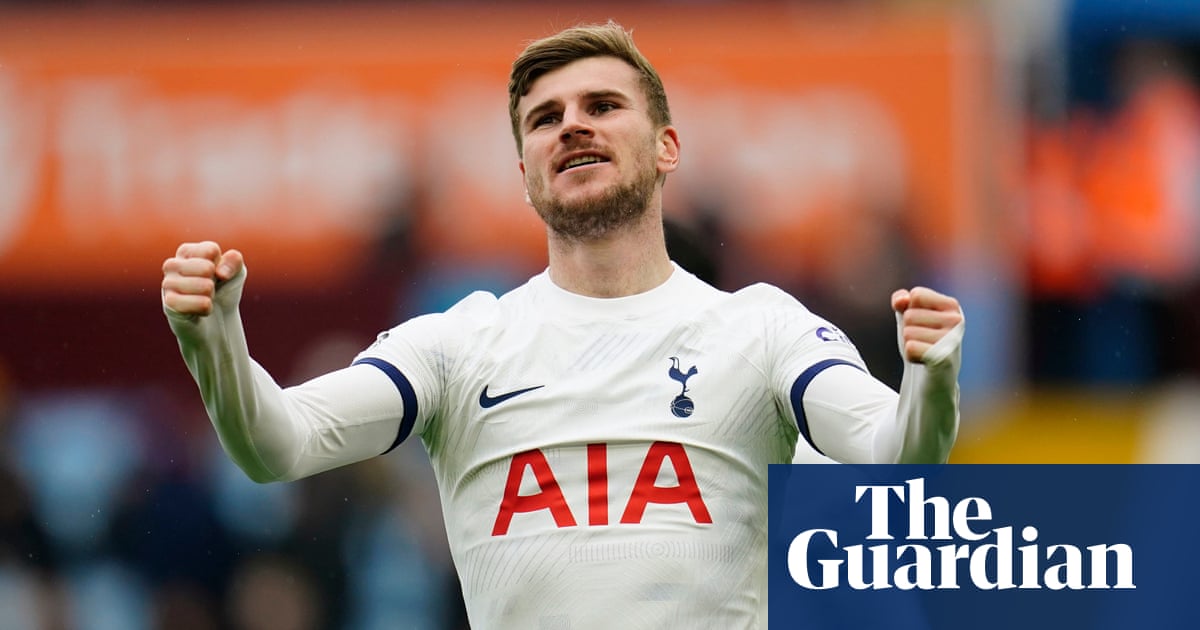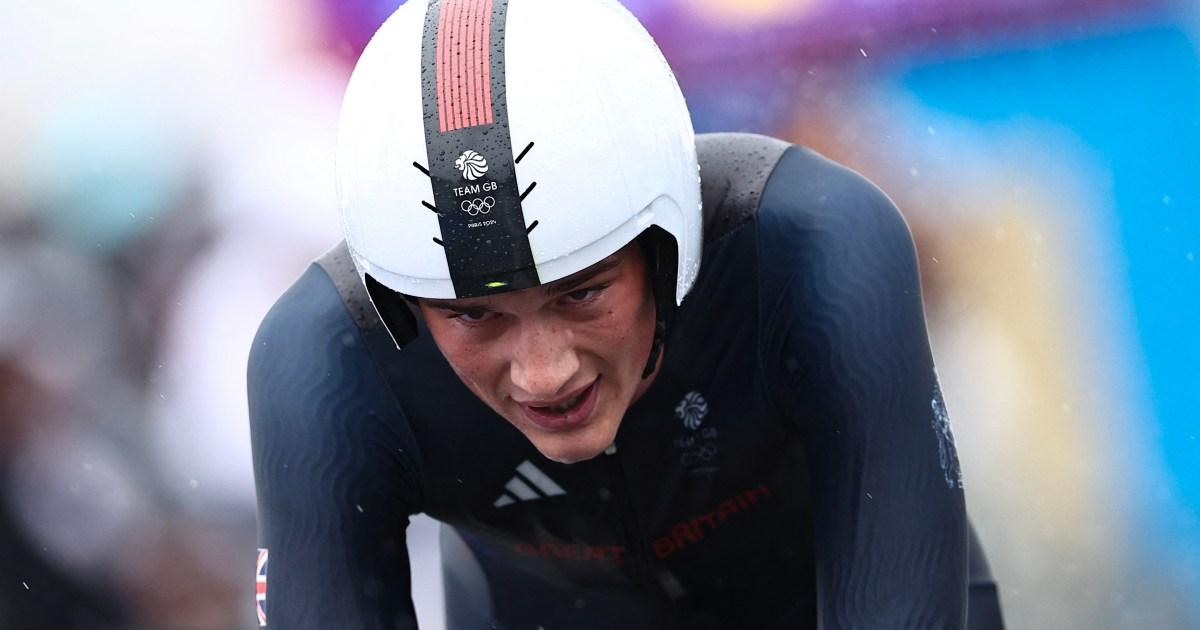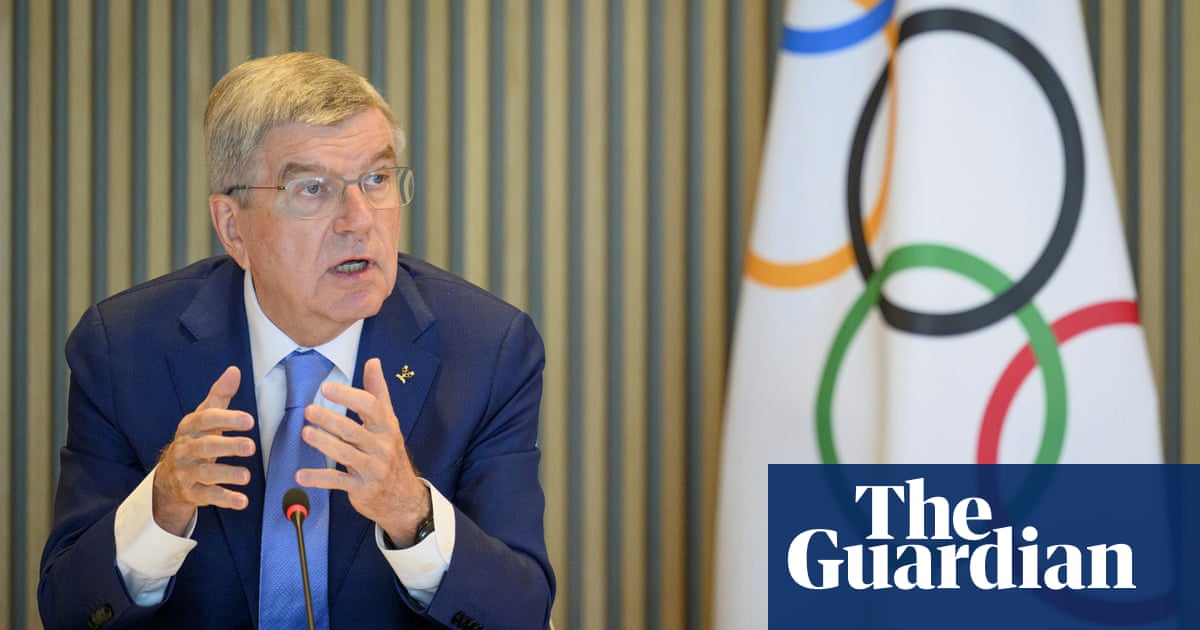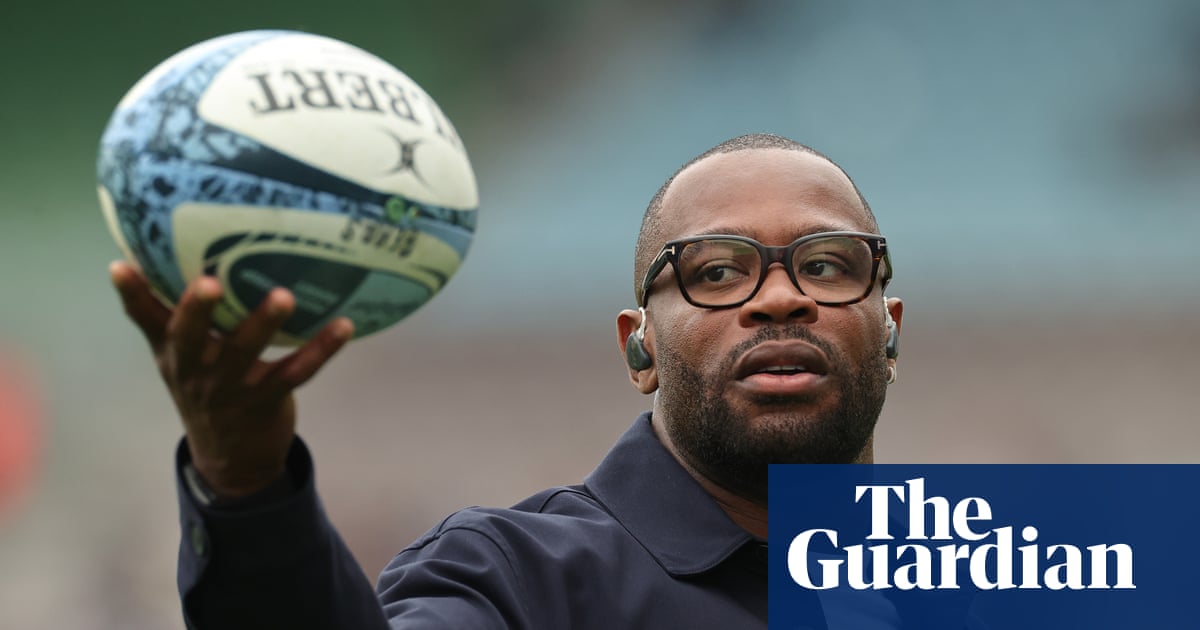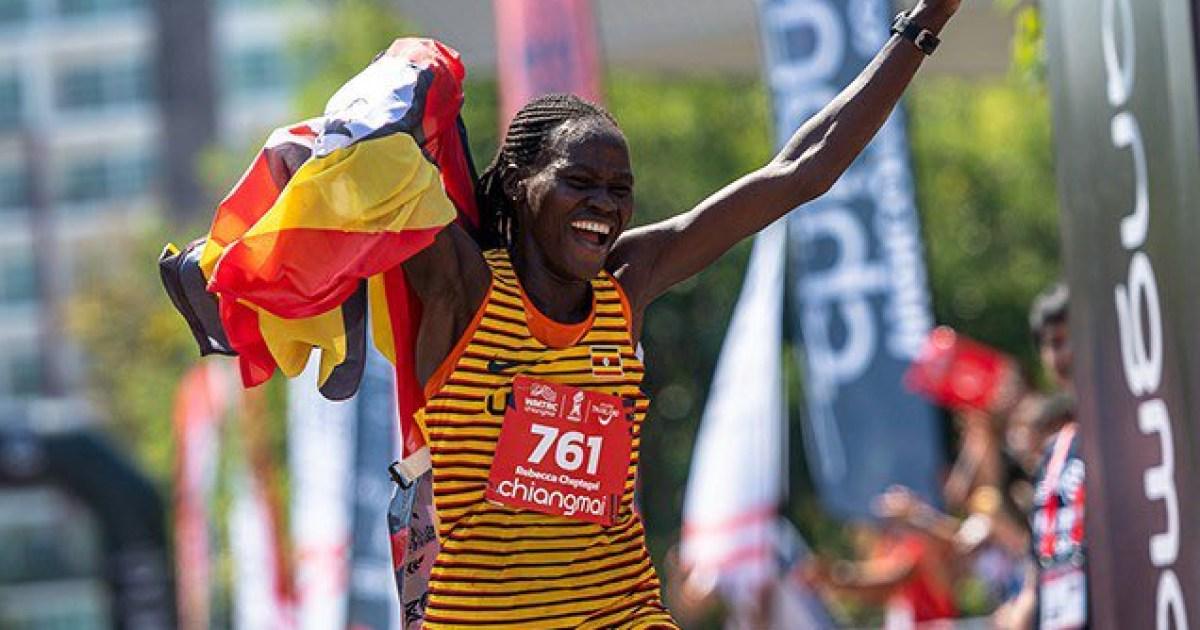“There is more to come from him for sure,” said Ange Postecoglou when asked about Timo Werner before Tottenham visited Villa Park on Sunday. He was right. Werner scored his first league goal for Spurs in their 3-1 victory over Crystal Palace last weekend, hitting the all-important equaliser as Spurs came from behind to win, and he added another in the 4-0 win against Villa on Sunday.
Werner came off the bench against Villa and fired past Emiliano Martínez as Spurs took a huge stride towards finishing in the top four. Factor in his assists in matches against Manchester United and Brentford in January, and the German has been directly involved in four goals in seven outings for Spurs. For a player who struggled for consistency during his time with Chelsea, he looks far more confident in a settled system where expectations are nowhere near as high as they were at Stamford Bridge.
When it emerged that Spurs were pursuing the 28-year-old at the turn of the year, many scoffed at the idea of the Germany international returning to England. He had flopped at Chelsea, scoring just 10 league goals for the club in 56 appearances, and was even struggling for game time at RB Leipzig, where Loïs Openda, Yussuf Poulsen and Benjamin Sesko were ahead of him in the pecking order under manager Marco Rose.
Yet Spurs saw enough in Werner to sign him on loan in January with a view to making the deal permanent for £15m in the summer. With each passing week, the argument for paying up and extending his stay beyond this season becomes stronger. His stint at Chelsea tarnished his reputation, even if he did win the Champions League, but he is proving a very handy squad player for Postecoglou.
Werner’s direct running down the left flank is a good weapon for Spurs, particularly against sides that leave gaps behind their defences. His teammates can pick Werner out in space, giving him the opportunity to use his speed down the flank and take on his marker. Only Dejan Kulusevski (1.7) is completing more dribbles per 90 minutes than Werner (1.5) for Spurs in the league this season.
Long-term injuries to Manor Solomon and Ivan Perisic (who has since departed for his hometown club Hajduk Split) meant Spurs needed a direct attacking threat from the left flank for the second half of the campaign. Werner can be that outlet.
He also offers a different dynamic to the other forwards at Postecoglou’s disposal. Kulusevski is capable of beating a man one-on-one, using his speed of thought to get the better of a defender, but he is not the quickest. Brennan Johnson is a speedster but he sometimes lacks end product, and his confidence has been up and down this season. Werner can leave defenders for dust when he builds up a head of steam and he can take on full-backs using either foot, which makes him a real handful for even the most steadfast of backlines.
He is also valuable for Spurs defensively. Under Postecoglou they are one of the hardest pressing sides in the Premier League – only Manchester City (201) have won possession in the attacking third more times than Spurs (184) in the league this season. Werner has been key in this regard. He is winning possession in the attacking third more frequently (every 52.6 minutes) than any other Spurs player. Of other regulars in the league, only Kevin De Bruyne is winning the back the ball more often (every 44.8 minutes) than the German. It’s an under-appreciated quality to Werner’s game, but one that has helped him quickly settle at Spurs. Postecoglou has turned this defensive contribution into a real asset.
Factor in Werner’s versatility – he can operate from the left flank or through the middle – and it’s a bit of a no-brainer that Spurs should make his move permanent come the end of the season, particularly if he keeps building upon his solid start to life back in London.
